Brexit and the EU-Singapore FTA: Further delays or a slow-death?
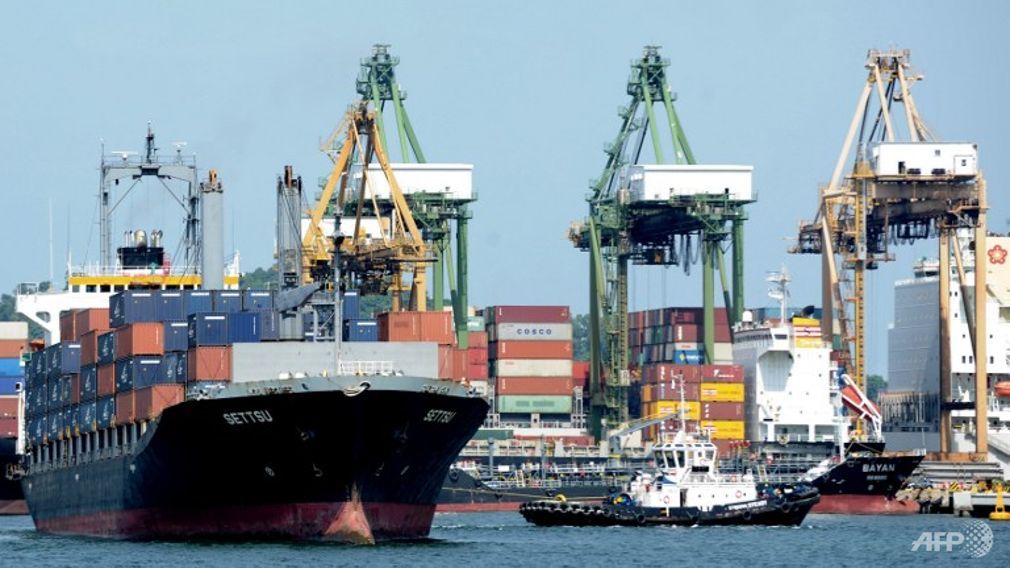 |
| A tug boat pulls a container vessel into the Keppel terminal port in Singapore. (AFP/Roslan Rahman) |
In Singapore, the far-reaching ramifications of Brexit could go beyond financial markets to claim another victim: The Republic’s free trade agreement (FTA) with the EU.
Concluded in Dec 2012 following more than two years of negotiations, the European Union-Singapore Free Trade Agreement (EUSFTA) is the first FTA sealed between the EU and an ASEAN country. Initially expected to come into force by end-2015, it had already been delayed after the European Commission opted to request for a European Court of Justice (ECJ) opinion on its competency to sign and ratify the trade pact. Pending the ECJ’s ruling, the FTA will subsequently need ratification within the European Parliament before eventually coming into force.
With Britain’s vote to leave the union, experts expect the ratification of the EUSFTA to see further push-back, with some concerned that the trade agreement could even come to naught.
THE AFTER-EFFECTS OF BREXIT
A key outcome of Brexit will be that trade, and trade agreements will likely take a backseat to more pressing, and more fundamental priorities for Europe – in particular, keeping the EU intact. Further, the victory of Britain’s “Leave” camp has come at a time when populist and Eurosceptic parties are gaining traction across Europe, and observers fear that Brexit could trigger a destabilising effect on the bloc.
The Singapore Business Federation’s (SBF) CEO Ho Meng Kit agreed that a further delay in the ratification of the EUSFTA could be likely, as the EU deals with the immediate crisis of Brexit. Ultimately, however, a delay might be a better outcome than a complete renegotiation. “We do not wish to see a renegotiation of the EUSFTA,” he said, “as this has already been settled by parties from both sides.”
With polls suggesting that countries including the Netherlands, Austria and France could lean towards holding their own exit referendums, negative outcomes may also “put the integrity of the EU at risk” and result in a bigger impact on the global economy, DBS economist Irvin Seah said. This uncertainty over whether more European countries will follow Britain’s footsteps and leave the EU will inevitably affect “the chance of the EUSFTA bearing fruit,” he added.
As fears of Europe turning inwards gather, another hurdle could come in the form of greater protectionism, especially as the UK has traditionally been seen as the bloc’s biggest free-trade champion.
“Without the British, the composition of the European Parliament will be even more extreme, with significant hard left and extreme right groupings,” said the Cicero Group’s executive director Andrew Naylor. “Both of these groups are less likely to support the ratification of an FTA.”
Mr Naylor pointed to France and Germany in particular, as two major European powers that are less pro-free trade. “The state plays a large role in French enterprise and just last year passed a law which gives the government a greater say in the running of companies in which it has a stake ... Germany and France welcome foreign capital, but often step in to ensure (that) control remains in French or German hands, respectively.”
As such, even though drastic moves such as a renegotiation of the EUSFTA may not be on the cards for now, the greater risk is that the trade pact will be stalled at the European Parliament, analysts say. And even if the trade deal with Singapore is eventually ratified, certain segments such as the financial services chapter may now be less relevant, following London’s exit. Indeed, some analysts including Mr Naylor reckon that the entire FTA will be less significant with the UK – Europe’s second-largest economy and biggest import market for Singapore – no longer within the EU.
To be sure, not all analysts agree. Dr Yeo Lay Hwee, Director of the European Union Centre in Singapore and senior research fellow at the Singapore Institute of International Affairs, said: “We always think that the UK is our number one trading partner but within the EU, countries like Germany and Netherlands are actually bigger trading partners for us than the UK. So in that sense, the agreement is still important.”
Still, a prolonged delay in enacting the EUSFTA will be a significant loss for Singapore in the long run. Citing estimated figures from a 2013 report by the European Commission’s Directorate-General for Trade, Mr Rajiv Biswas, Asia-Pacific chief economist at IHS Global Insight, noted that the implementation of the trade pact will increase Singapore exports to the EU by S$5.2 billion over a ten-year period from 2015 to 2025.
The EU is currently Singapore' third largest global trading partner. In 2015, total EU imports from the Republic hit S$28.3 billion while the EU exported S$44.4 billion worth of goods to Singapore, according to statistics from the European Commission.
EASIER TO CONCLUDE A UK-SINGAPORE BILATERAL AGREEMENT?
With the fate of the EUSFTA left hanging, observers said negotiations for a bilateral trade agreement between Singapore and the UK could be a lot easier on the back of both nations’ common interests in free trade.
According to IHS’ Mr Biswas, the Republic would likely be one of the “highest priority nations”, as and when the UK kickstarts negotiations for its own network of FTAs, given the sheer number of UK multinational companies operating in Singapore.
The model of the EUSFTA may also help to expedite negotiations. “Since an EU-Singapore FTA agreement has already been negotiated and agreed, a pragmatic solution for both the UK and Singapore is to follow the EUSTA model when negotiating a new FTA, which may help to accelerate agreement on an UK-Singapore FTA,” he added.
One area which both parties could work on is a bilateral deal on financial services, said Mr Naylor.
“As home to major international financial centres, the financial services chapter of the EUSFTA will be less relevant now that the UK has decided to leave the EU. It will be in both Singapore and the UK’s interests to explore a bilateral deal on financial services, so that the intended benefits of this chapter can be fully realised by both sides.”
In a recent statement, a spokesperson from the Ministry of Trade and Industry (MTI) noted that the full impact of Brexit on the UK, the EU and the global economy will be heavily dependent on the UK’s subsequent trade arrangements with the EU and other markets, including Singapore.
With Brexit, the UK is no longer covered by the existing trade agreements that the EU has and this means it will need to negotiate new agreements with its trading partners, including Singapore. However, the nature and precise timing of the negotiations will depend on when Brexit takes effect following the UK’s deliberations with the EU, according to the trade ministry.
According to Dr Yeo, the prospect of a Singapore-UK bilateral trade agreement will depend very much on the speed at which Britain starts divorce proceedings, and the type of relationship it eventually decides on with the EU.
“If they decide to continue with the regional model which consists of full access and free movement in a single market, then there’s not much change, and I don’t think there would be a rush to iron out a bilateral deal, because the EUSFTA will also cover part of the trade and investments with the UK,” she said.
Summing up prevailing uncertainties, however, she added that “given the number of ‘ifs’ remaining, it’s really hard to tell.”
| RELATED CONTENTS: | |
| Brexit and the EU-Singapore FTA: Further delays or a slow-death? | |
| Argentina says Falklands claim unchanged by Brexit | |
| European shares feel Brexit draught | |
What the stars mean:
★ Poor ★ ★ Promising ★★★ Good ★★★★ Very good ★★★★★ Exceptional
 Tag:
Tag:
Related Contents
Latest News
More News
- Tropical storm Trami leaves at least 24 people dead in Philippines (October 24, 2024 | 17:36)
- Singapore grants conditional approval for solar power import from Australia (October 24, 2024 | 17:27)
- ASEAN digital economy set to reach $2 trillion by 2030 (October 22, 2024 | 15:08)
- Thailand asks Laos to waive visa fee at border checkpoints to boost tourism (October 21, 2024 | 17:23)
- Laos pledges to continue efforts to empower girls (October 21, 2024 | 17:17)
- Chinese electric vehicle maker to build plant in Indonesia (October 21, 2024 | 17:12)
- Vietnam Elevator Association introduces Elevator Safety Application to the world (October 18, 2024 | 09:00)
- A taste of the future - the go-to spot at the Worldchefs Congress & Expo 2024 (October 15, 2024 | 16:11)
- Jakarta to impose household waste levy (October 14, 2024 | 16:49)
- China, Laos plan to build connectivity development corridor with Thailand (October 14, 2024 | 16:19)





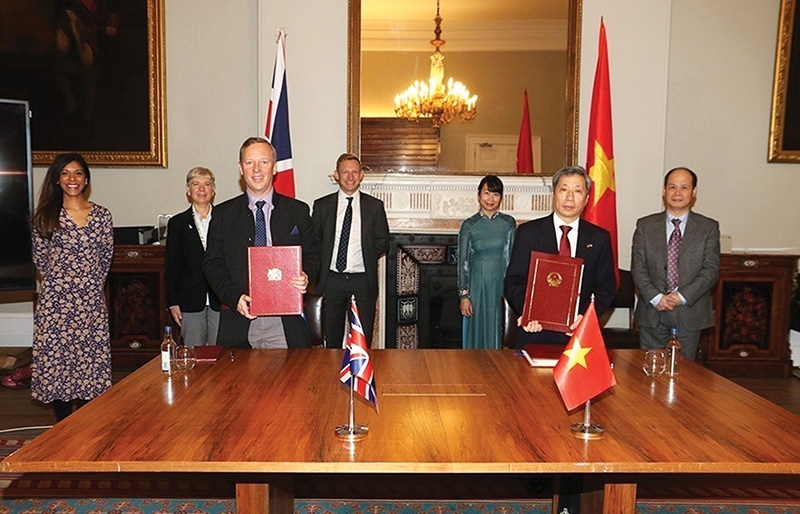
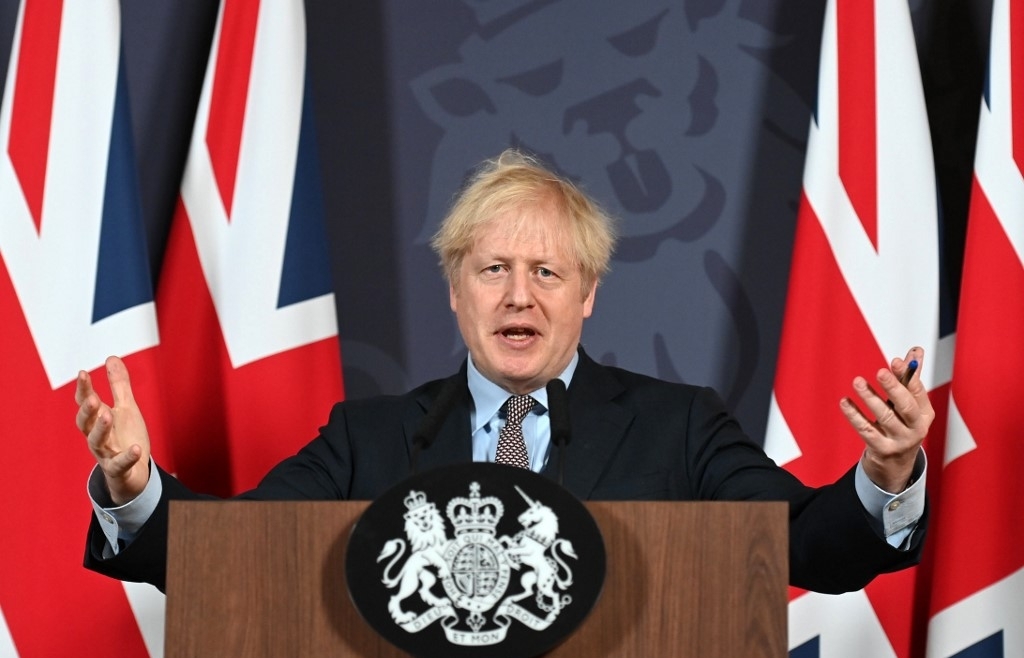
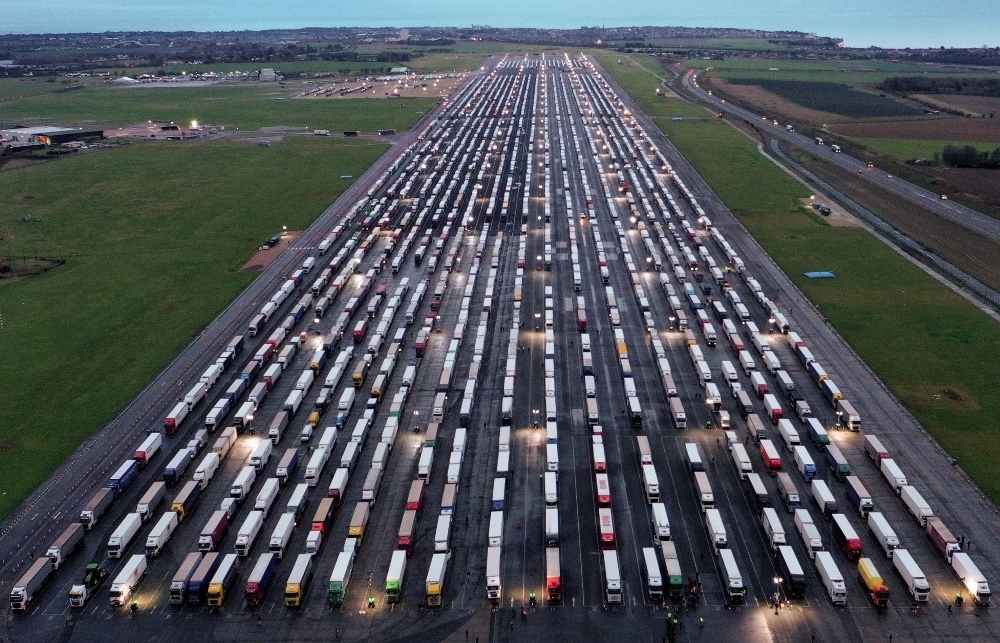
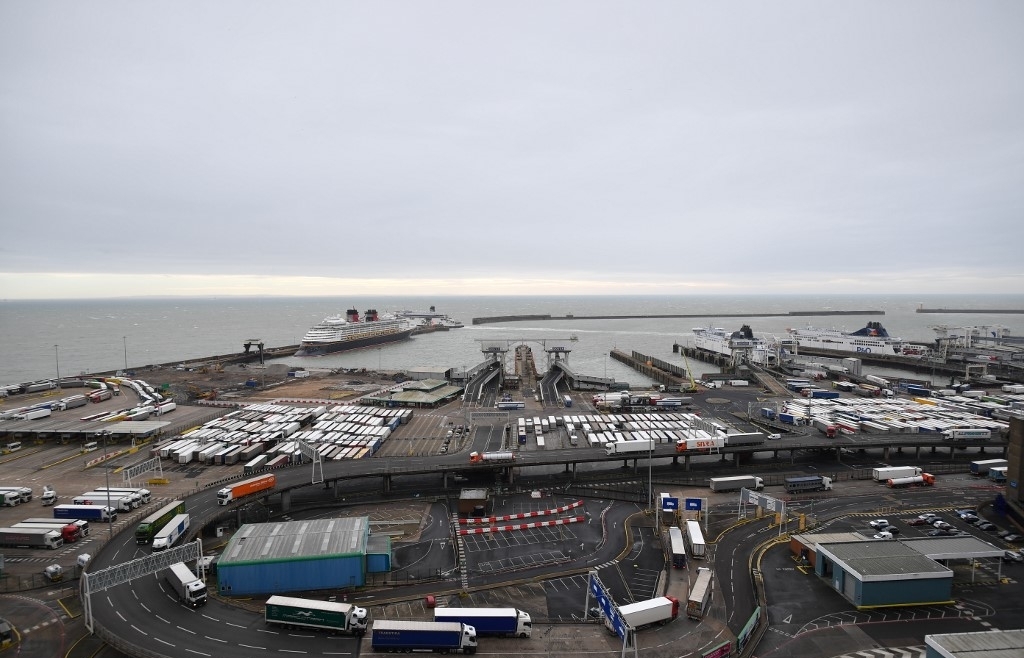
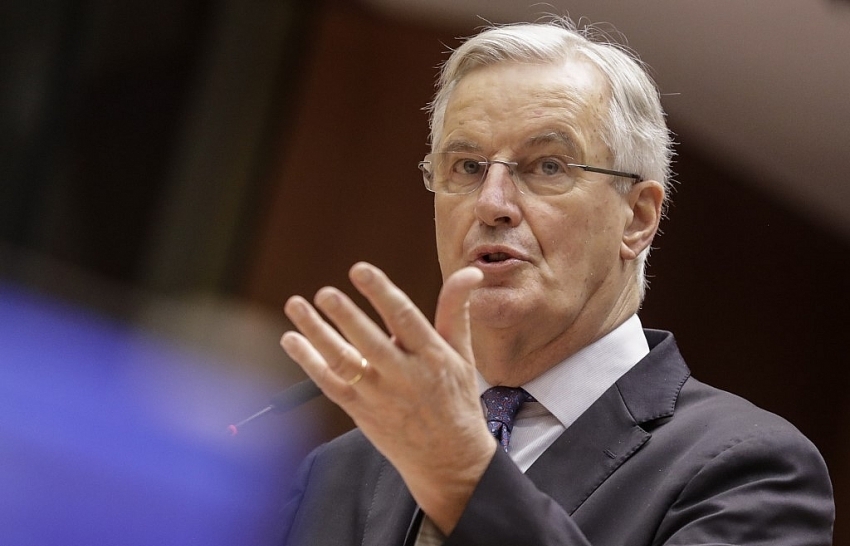
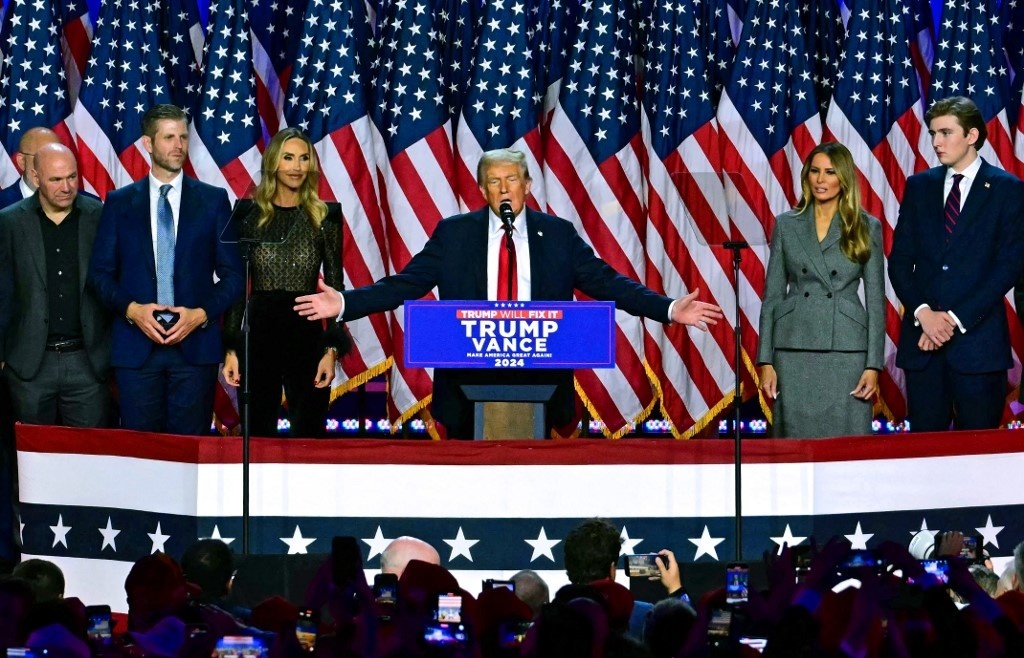

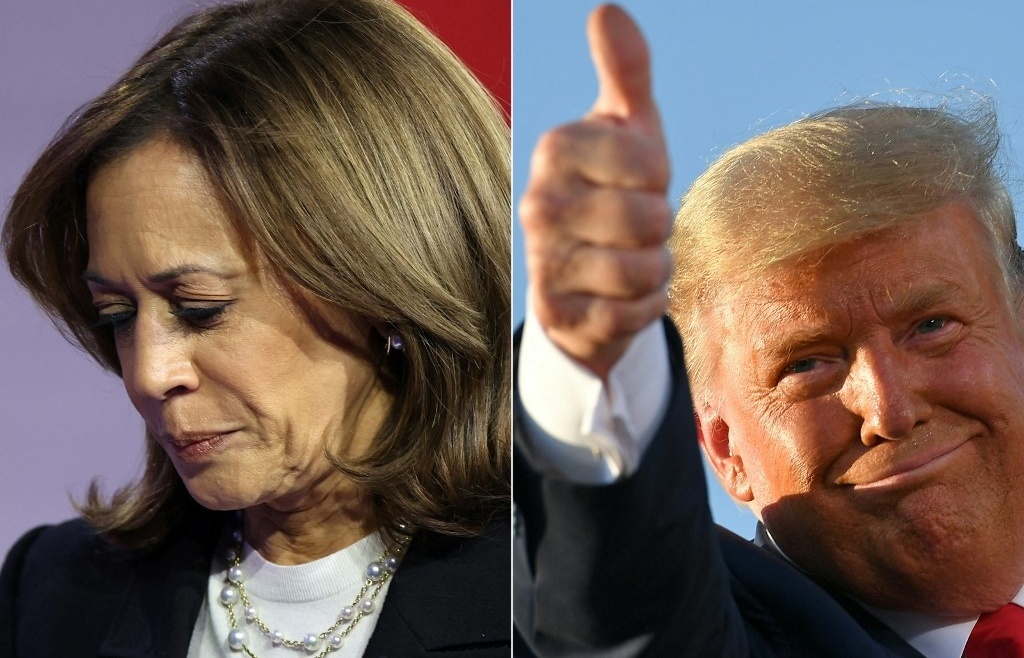
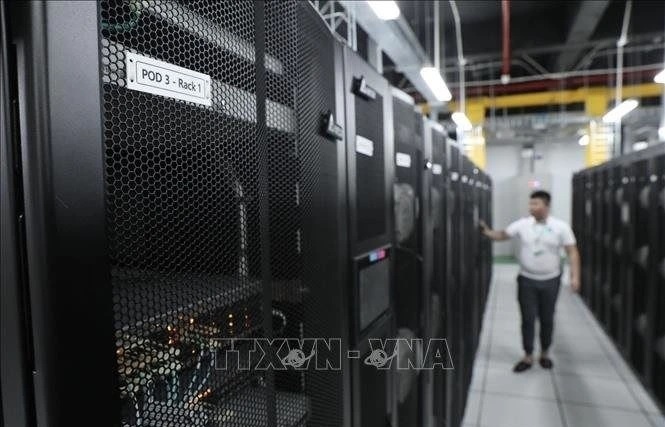

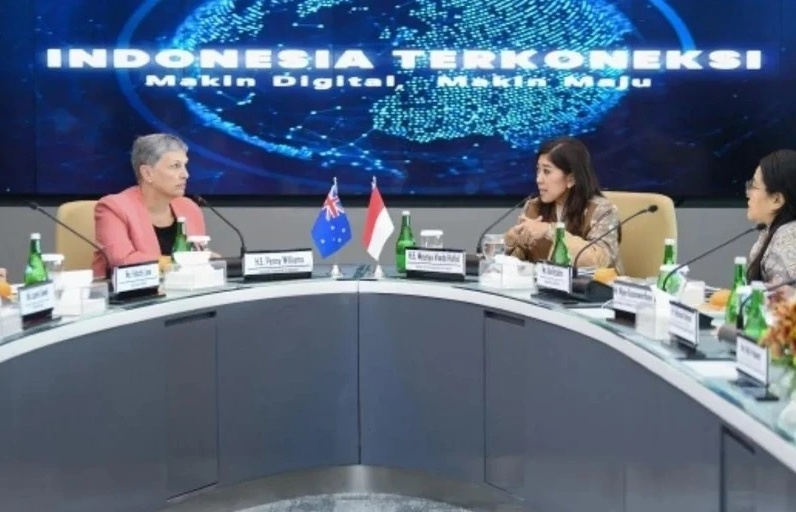






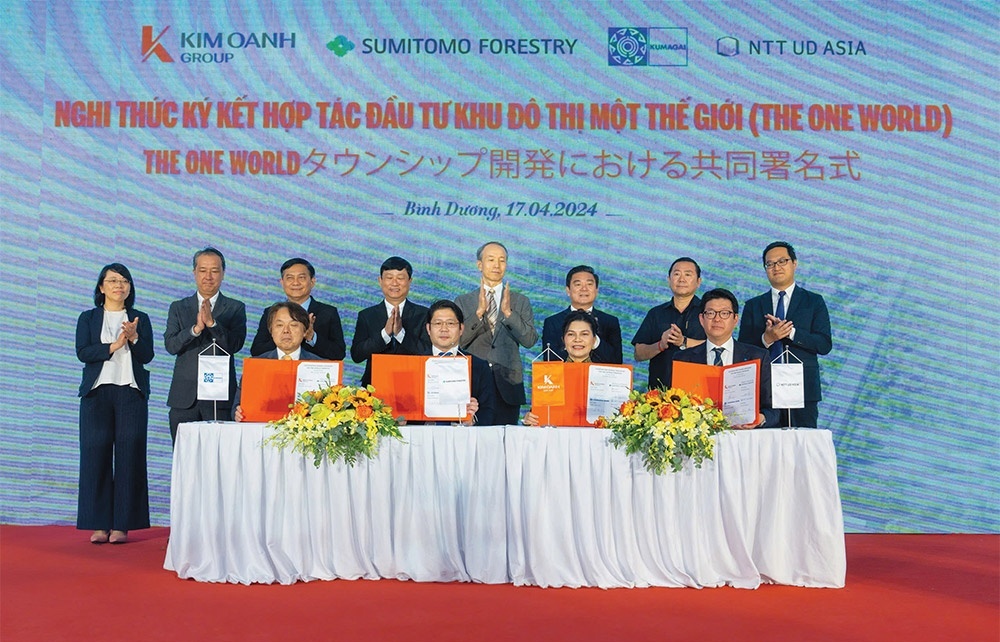



 Mobile Version
Mobile Version